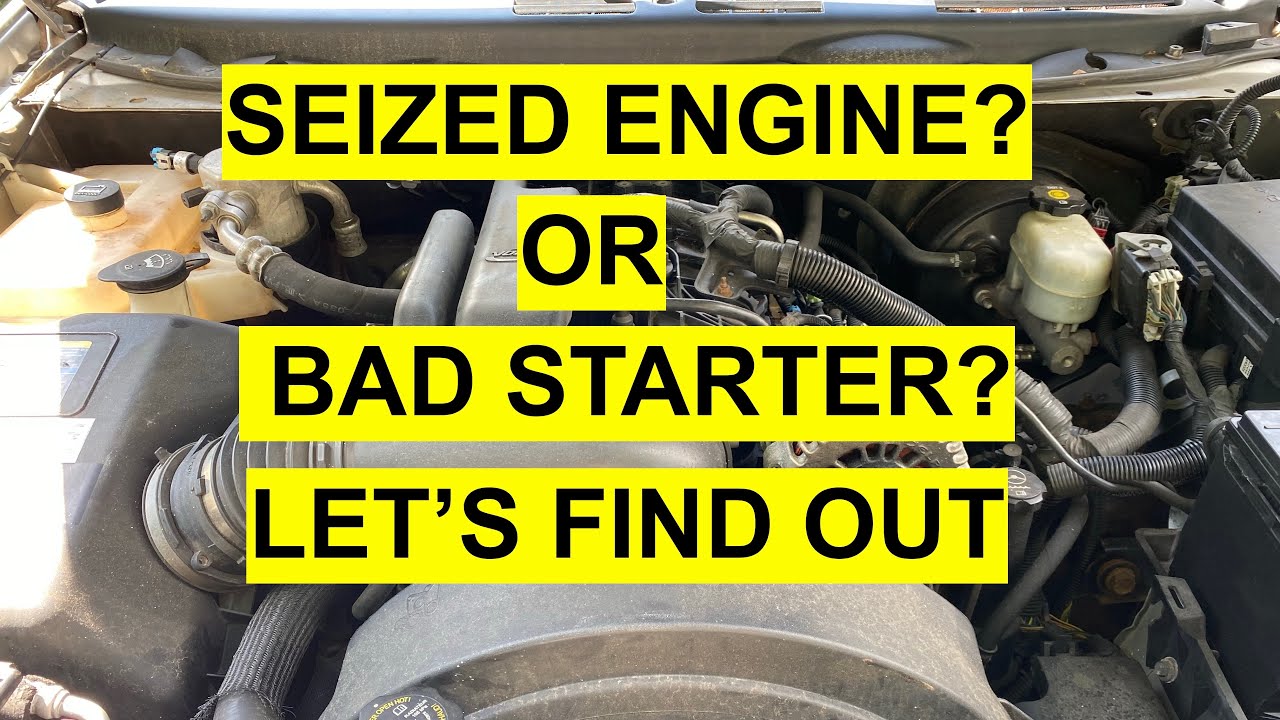Picture this: you’re cruising down the highway, music playing, the sun shining, when suddenly, your engine sputters, and you’re left on the side of the road, staring at the dashboard in disbelief. What just happened? Could your engine be locked up? In this article, we’ll explore the signs of a locked engine, the reasons behind it, and what you can do next.
What Does It Mean When an Engine is Locked Up?
When we say an engine is “locked up,” we’re talking about a serious condition where the engine’s internal components are unable to move freely. This can occur due to various reasons, often leading to catastrophic failure. But how do you know if your engine is truly locked up?
Signs Your Engine Might Be Locked Up
A locked engine doesn’t just happen without warning. Here are some telltale signs you should be aware of:
- Unusual Noises: Clanking, grinding, or knocking sounds can indicate serious internal issues.
- Engine Won’t Crank: If you turn the key and hear nothing, or just a clicking sound, your engine may be locked.
- Warning Lights: Dashboard warning lights, especially the check engine light, can signal trouble brewing under the hood.
- Smoke or Burning Odor: Overheating can lead to a locked engine. If you smell smoke, stop immediately!
- Fluid Leaks: Oil or coolant puddles under your vehicle might indicate a severe internal problem.
Possible Causes of a Locked Engine
Understanding why your engine has locked up is crucial for prevention and repair:
- Lack of Oil: Insufficient lubrication can cause metal parts to seize.
- Overheating: Excessive heat can warp components and lead to failure.
- Timing Belt Failure: If the timing belt breaks, it can cause catastrophic engine damage.
- Hydrolock: Water entering the engine cylinders can prevent the pistons from moving.
- Foreign Objects: Debris can enter the engine and cause a blockage, leading to a lockup.
What to Do If You Suspect Your Engine is Locked Up
If you suspect your engine is locked up, here’s what to do:
1. Stay Calm
Panic won’t help. Assess the situation and ensure your safety first.
2. Call for Help
Don’t try to start the engine again. This can cause further damage. Instead, call a mechanic or roadside assistance.
3. Document the Issue
Take notes on any signs you noticed before the engine locked up. This information will be invaluable to your mechanic.
4. Consider a Tow
Your vehicle will likely need to be towed to a repair shop for a thorough diagnosis.
Preventive Measures to Avoid Engine Lock-Up
While not all engine failures can be predicted, here are some tips to keep your engine running smoothly:
- Regular Maintenance: Change your oil and filter as per your vehicle’s schedule.
- Check Coolant Levels: Ensure that your cooling system is functioning properly.
- Listen to Your Engine: Be aware of unusual noises and get them checked out promptly.
- Watch for Warning Lights: Don’t ignore dashboard alerts; they’re there to help you!
- Inspect for Leaks: Regularly check under your vehicle for fluid leaks.
Understanding the signs of a locked engine can save you from unexpected headaches and costly repairs; By being proactive about maintenance and staying alert to unusual symptoms, you can keep your vehicle running smoothly. Remember, a locked engine is no small issue, but with the right knowledge and precautions, you can navigate these automotive waters with confidence. Don’t let a locked engine ruin your drive; stay informed and prepared!

